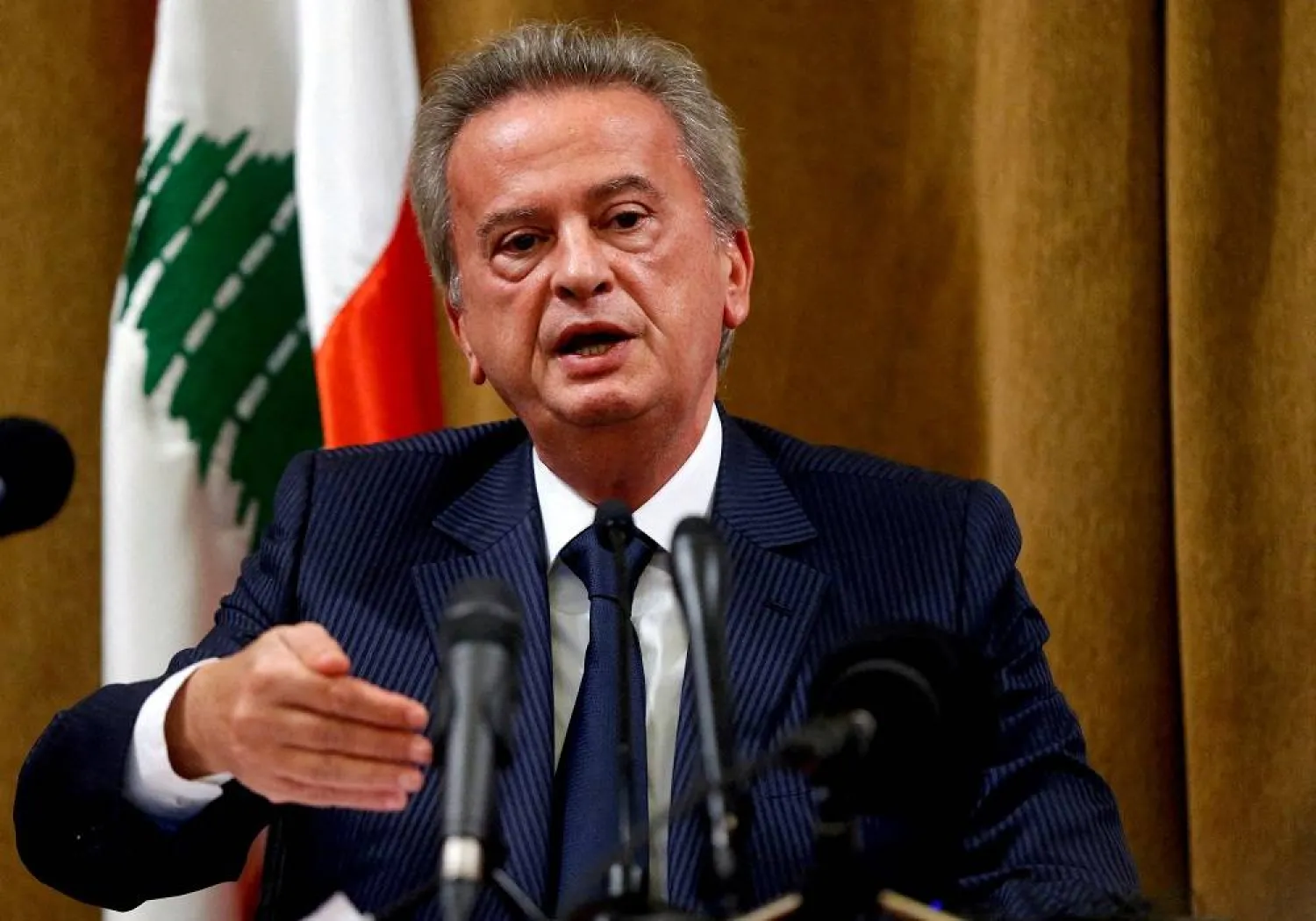Lebanese officials were in a last-minute scramble on Wednesday to avoid leaving the crisis-hit country's central bank without a leader when governor Riad Salameh's 30-year tenure ends next week.
The prospect of a vacuum at the top of the central bank has added to concerns about the further fragmentation of the state as it barrels towards a fifth year of financial turmoil.
Even as the clock winds down, politicians remain split over whether to appoint a successor or allow the bank's first vice governor to take over as laid out in law, reflecting wider divisions that have also left the presidency vacant and the country without a fully empowered cabinet for over a year.
Iran-backed Shiite group Hezbollah and its Christian ally the Free Patriotic Movement are against appointing a new governor, while Speaker of Parliament Nabih Berri and caretaker premier Najib Mikati are spearheading efforts to name one.
Mikati, his deputy Saade Chami and finance minister Youssef Khalil met on Wednesday with the bank's four vice governors, according to the state's National News Agency.
The four had earlier this month threatened to resign if no successor to Salameh was named, risking a total vacuum in the top rungs of the central bank as the economy sinks further.
The central bank leadership is selected via the sectarian power-sharing system that governs other top posts in Lebanon.
The governor is a Maronite and deputies are a Shiite Muslim, a Sunni Muslim, a Druze and an Armenian Catholic, all approved by the political chiefs representing their respective sects, granting those leaders significant sway.
First vice governor Wassim Mansouri was nominated by Berri, who leads the Shiite Amal Movement.
"Berri already backs the finance minister and a financial prosecutor. So he wants to avoid having Mansouri in the hot seat as he does not want to be seen as responsible for any further economic deterioration," a source close to Mansouri said.
Mikati has called for the cabinet to meet on Thursday to discuss nominating a new governor.
Hezbollah chief Hassan Nasrallah has said the caretaker cabinet did not have the right to appoint one. The FPM agrees and says it wants to appoint a Christian legal overseer to administer the central bank.
Salameh's 30 years as governor have been stained by recent charges at home and abroad of embezzlement of Lebanese public funds, which he denies.
Many Lebanese blame him and the country's ruling elite for the financial collapse, which began in 2019 following decades of corruption and profligate spending by politicians. Salameh says he has been made a scapegoat for the meltdown.









